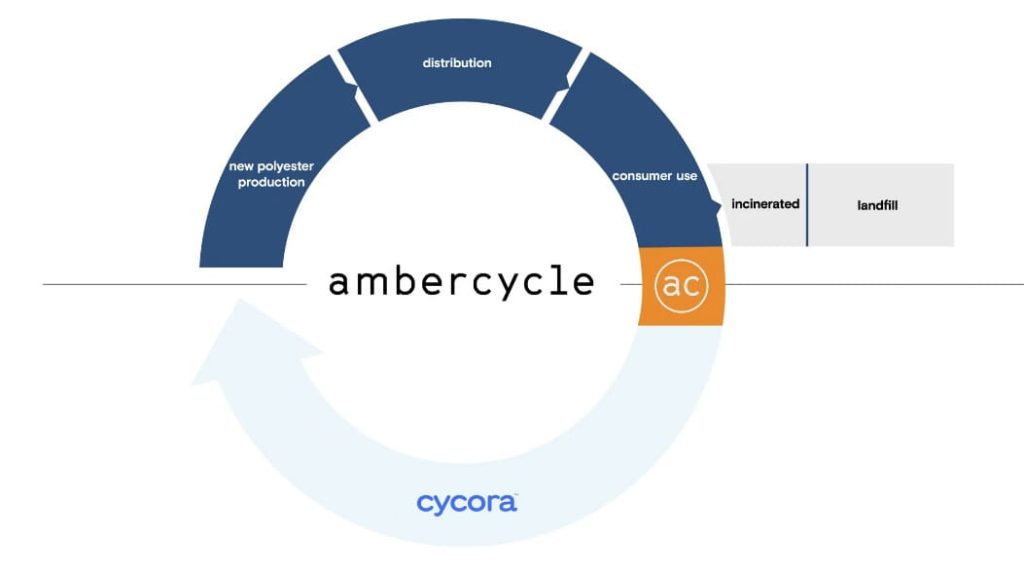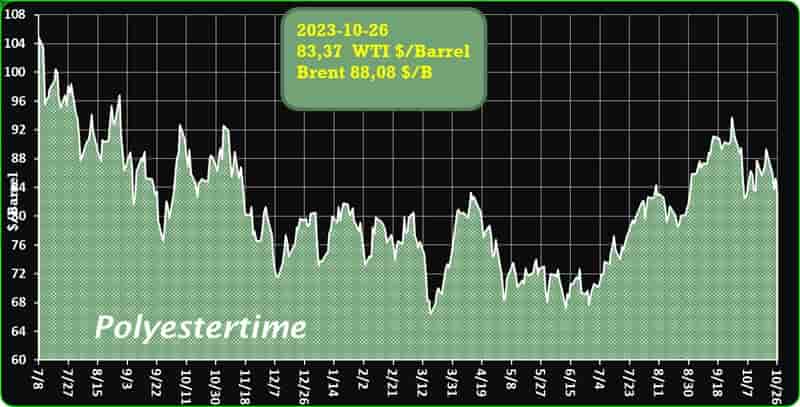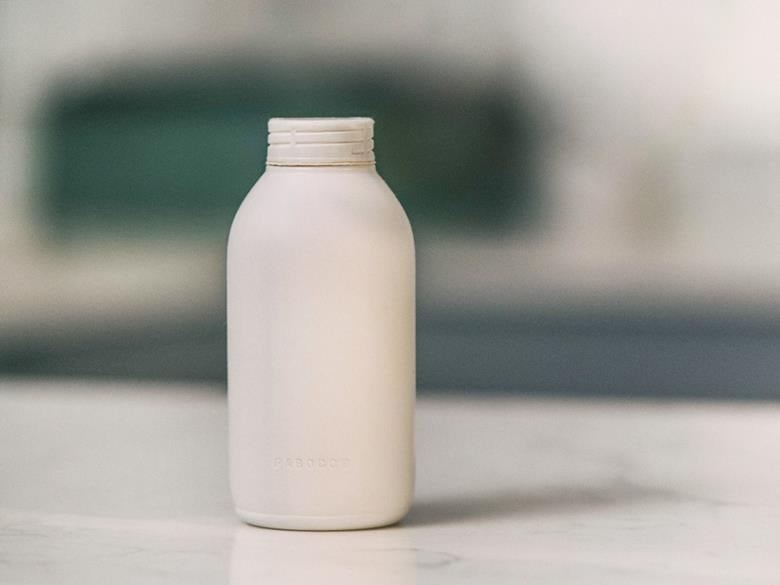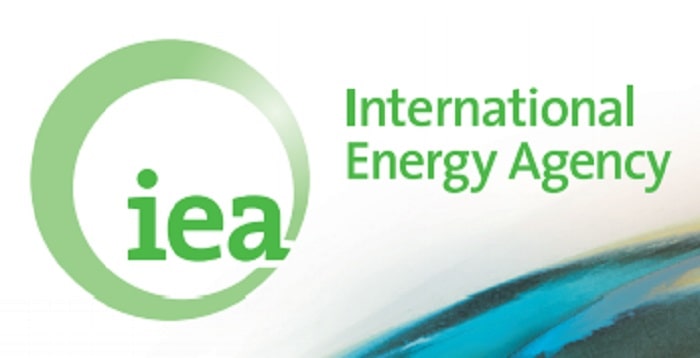Being responsible materials the main topic of the 2023 Textile Exchange Conference, Naia™ from Eastman is pleased to be among the sponsors of the event and bring its expertise on the topic, in the name of the molecular recycling technology behind Naia™ Renew fibers. Paper bottle
From recycling technology to sustainable fibers
Naia™ Renew, available at scale as both a filament yarn and staple fiber, is produced from 60% sustainably sourced wood pulp and 40% certified waste materials and can be blended with other sustainable fibers to create nearly endless luxurious fabric possibilities that are comfortable and rich in color. The carbon footprint of Naia™ Renew fiber is measurably reduced over its life cycle*. Eastman transforms waste materials that are difficult to recycle – which would otherwise not have an end-of-life option and would end up in landfill or incinerators – into biodegradable fibers through its patented carbon renewal technology. This is one of Eastman’s molecular recycling technologies that breaks materials down into basic molecular building blocks, assuring end materials are indistinguishable from those made from virgin fossil sources in quality, performance, or appearance.
Accelerating the molecular recycling culture
To make recycling options economically efficient and enable long terms success, Eastman is actively engaging with multiple value chain players, recognizing the need for systematic changes in collecting and sorting.Paper bottle
The company is among the founding members of the Alliance of Chemical Textile Recycling (ACTR), a working group launched by Accelerating Circularity, the nonprofit focused on textile-to-textile recycling at a commercial scale, to move chemical recycling technology forward, share common definitions, and address policies in a collaborative way to maximize the elimination of textile waste to landfills and incineration: Naia™’s goal, by 2025, is to have more than 25% recycled content derived from textile waste material. Visitors at Textile Exchange Conference have the opportunity to drop in and find out more about textile-to-textile recycling directly from Eastman’s team contributors in a session of Q&A on October 26, from 2:00 to 3:00 PM. Paper bottle
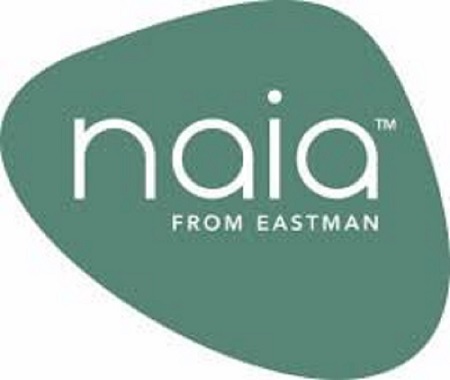
Quantum Materials, LLC Acquires the Innegra™ Portfolio of High-Performance Fibers
Quantum Materials, LLC (“Quantum”), a vertically integrated manufacturer of multifilament and monofilament yarns, elastomeric woven suspension fabrics and industrial textiles, has acquired the Innegra™ portfolio of patented high-performance fibers and materials. Innegra will serve as a foundational product to support Quantum’s growth of new technical and industrial textile solutions for the composite and textile markets.
Quantum has accelerated its capital expenditure plan over the last three years to expand the company’s manufacturing asset base to meet increased demand for domestic textile production. The expansion, which included investment in equipment and infrastructure to support the production of Innegra, has allowed the company to seamlessly merge the Innegra business into its operations post-acquisition and successfully service the brand’s current customer base. Paper bottle
“For over 15 years, Innegra has been effectively used across a wide range of composite applications. We are excited to incorporate Innegra and its patented range of fibers and materials into our product portfolio,” said Allen Smith, CEO of QTI Fibers. “This strategic acquisition fits within our vision of being the industry leader in the development and commercialization of technical textile solutions. As we move forward with Innegra, we see many opportunities that extend past composites, including its integration into products manufactured by the QTI company portfolio, consisting of the Quantum, Twitchell and Infinity businesses.”
Engineered to enhance and amplify the performance of composite and textile materials, Innegra is the lightest synthetic fiber commercially available and can be used as a standalone fiber, or it can be hybridized with other structural fibers or materials. It is chemically resistant, hydrophobic, tough, durable and has excellent dielectric properties, while also being flexible, ductile and fusible. The fiber also has the ability to dampen vibrations, aid impact resistance and can be synergistically combined with many other materials and fibers to improve product performance properties. Today, Innegra can be found in footwear, sporting goods, U.S. military and ballistic products, and various automotive, aerospace and marine applications. Paper bottle
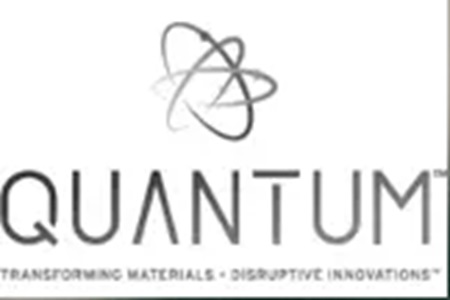
Stellantis and Orano To Enter EV Battery Recycling Joint Venture
Key Takeaways
- Stellantis and Orano said they will establish a joint venture for an electric vehicle (EV) battery recycling plant set to begin production in 2026.
- The venture, which will secure access to materials needed to create EVs, could strengthen Stellantis’ position in the competitive EV market.
- The venture is designed to help support a circular and low-carbon economy amid the transition to EVs. Paper bottle
Automaker Stellantis (STLA) said it was set to enter a joint venture with Orano, a global nuclear fuel cycle company, to recycle electric vehicle (EV) batteries to support a circular economy.
The companies signed a memorandum of understanding to establish a joint venture for recycling EV batteries and scraps from gigafactories. The joint venture will produce “black mass” or “active mass” that can be refined at Orano’s hydrometallurgical plant to ultimately be reused in batteries.
Stellantis said the venture would strengthen the company’s standing in the EV market by “securing additional access to cobalt, nickel, and lithium necessary for electrification and energy transition.”
The “innovative and disruptive process” creates “a real closed loop,” Orano Group Director of Innovation, R&D, and Nuclear Medicine, Magnets, and Batteries Guillaume Dureau said, indicating that the venture is part of Orano’s “commitment to developing a low-carbon economy with the recycling of strategic materials for the energy transition and the circular economy.” Paper bottle
The recycling joint venture is set to begin production in the first part of 2026 using existing Stellantis facilities. The company will invest to “reskill and upskill Stellantis and Orano employees” for the project.
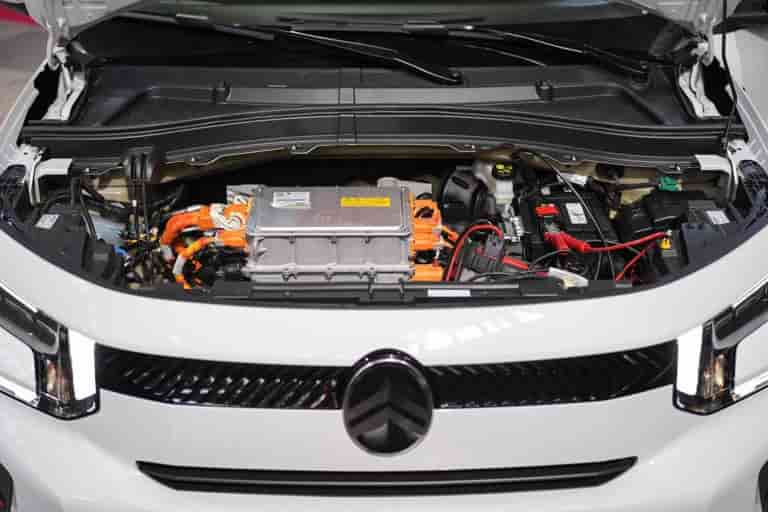
Packaging regulation, ENVI report voted
Proposed restrictive rules on ultralight bags, BPA and PFAS in food packaging and specific reduction targets for plastic packaging waste.
The Environment Committee (ENVI) of the European Parliament this morning approved by majority (56 votes in favour, 23 against and 5 abstentions) the position with amendments to the proposal for a Regulation on packaging and packaging waste presented by the European Commission as a replacement of the Directive in force since 1994.
The report, with the negotiating mandate, will be voted on by Parliament during the second plenary session, scheduled for 20 November. Then the text will be examined by the trilogue between Parliament, Commission and EU Council. Paper bottle
“The Environment Committee has sent a strong message in favor of a complete review of the European market for packaging and packaging waste – says the Belgian rapporteur Frédérique Ries -. There can be no effective recycling or reuse policy without safe packaging, which is why the ban on intentionally added harmful chemicals is a huge victory for the health of European consumers. We also ensured that environmental ambitions met industrial reality, with a report focused on innovation and providing an exemption for companies with fewer than ten employees.”
The position of the ENVI Committee includes a ban on the sale of ultra-light plastic bags (under 15 microns), unless they are necessary for hygienic reasons or provided as primary packaging for loose foods, in order to prevent food waste. Paper bottle
In addition to the general packaging reduction objectives already contained in the proposed Regulation, MEPs want to set specific reduction objectives for plastic packaging waste: 10% by 2030, 15% by 2035 and 20% by 2040. Furthermore the plastic fraction of packaging should contain minimum percentages of recycled content, varying depending on the type of packaging, with specific objectives set for 2030 and 2040.
The amended text remodulates the percentages of recycled content in contact-sensitive packaging by 2030: the 30% threshold for single-use bottles containing drinks, foreseen for PET packaging, has been cancelled. The quota for contact-sensitive packaging produced with materials other than PET has been reduced from 10% to 7.5%, with the exception of bottles.
Packaging containing less than 5% plastic is now exempt from the obligation to introduce a minimum recycled content. And up to 50% of the ‘mandatory’ recycled material can be replaced by bioplastics.
By the end of 2025, the Commission is called to propose sustainability objectives and criteria for biobased plastic, considered “a key resource to defossilize the plastic economy”. Paper bottle
Among the other measures contained in the draft approved today is the delicate issue of reusable packaging, which should meet a series of criteria, including the minimum number of times it can actually be reused, to be defined later. Operators in the Horeca sector who operate in the distribution of drinks and take-away foods should offer consumers the possibility of using their own container.
However, requests from some Italian MEPs for exemptions from the reuse bans and quotas did not pass. On the topic of bans, the contrary opinion of the Industry Commission (ITRE) must also be considered, especially in the case of packaging for fruit and vegetables and disposable packaging in restaurants. The synthesis between these opposing positions will be entrusted to Parliament.
It is also proposed to ban intentionally added persistent chemicals in packaging in contact with food, such as PFAS and bisphenol A (BPA), used mainly in paper and cardboard food packaging for waterproofing. Paper bottle
PPWR Regulations with amendments
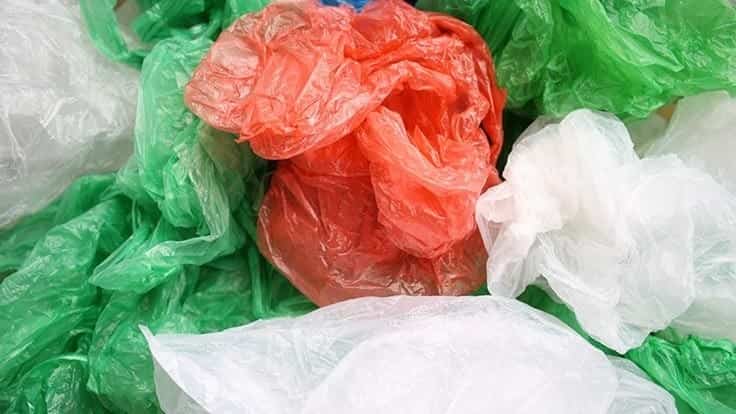
Zara owner Inditex to buy recycled polyester from US start-up
Zara owner Inditex , the world’s biggest clothing retailer, has agreed to buy recycled polyester from U.S. start-up Ambercycle, the companies said on Wednesday.
As fast-fashion retailers face pressure to reduce waste and use recycled fabrics, Inditex is spending more than 70 million euros ($74 million) to secure supply of Ambercycle’s recycled polyester made from textile waste. Paper bottle
Polyester, a product of the petroleum industry, is widely used in sportswear as it is quick-drying and durable.
Under the offtake deal, Inditex will buy a “significant” portion of Ambercycle’s production of recycled polyester, which is sold under the brand cycora, over three years. The clothing retailer aims for 25% of its fibers to come from “next-generation” materials by 2030.
The Inditex investment will help Los Angeles-based Ambercycle fund its first commercial-scale textile recycling factory. Production of cycora at the plant is expected to begin around 2025, and the material will be used in Inditex products over the following three years.
Zara Athleticz, a sub-brand of sportswear for men, launched a capsule collection on Wednesday of “technical pieces” containing up to 50% cycora. Inditex said the collection would be available from Zara.com. Paper bottle
Some apparel brands seeking to reduce their reliance on virgin polyester have switched to recycled polyester derived from plastic bottles, but that practice has come under criticism as it has created more demand for used plastic bottles, pushing up prices.
Textile-to-textile polyester recycling is in its infancy, though, and will take time to reach the scale required by global fashion brands.
“We want to drive innovation to scale-up new solutions, processes and materials to achieve textile-to-textile recycling,” Inditex’s chief sustainability officer Javier Losada said in a statement.
The Ambercycle deal marks the latest in a series of investments made by Inditex into textile recycling start-ups. Paper bottle
Last year it signed a 100 million euro ($104 million) three-year deal to buy 30% of the recycled fibre produced by Finland’s Infinited Fiber Co, and also invested in Circ, another U.S. firm focused on textile-to-textile recycling.
